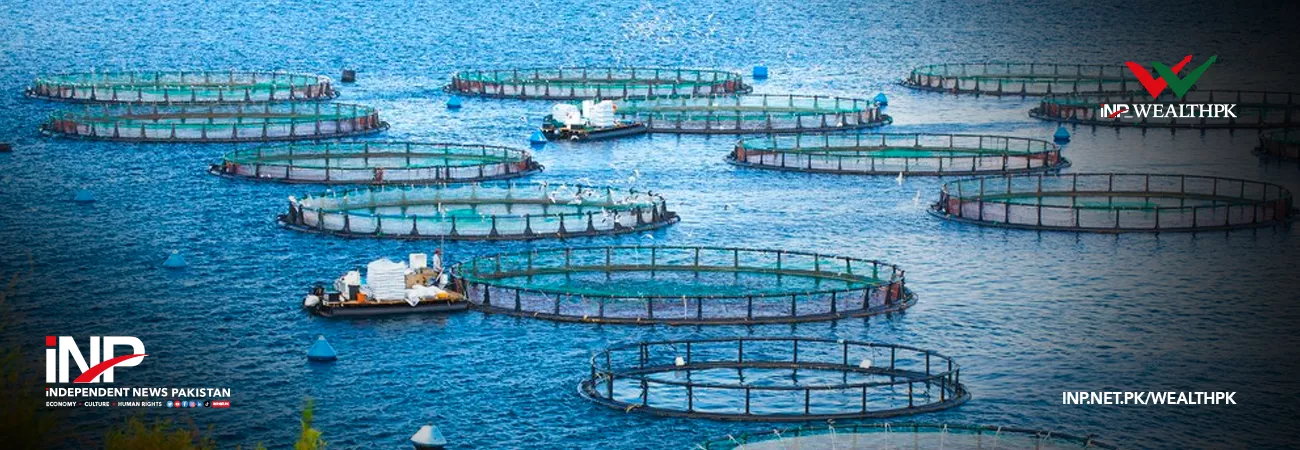i INP-WEALTHPK
Saline aquaculture has a lot of potential in Pakistan as an alternative livelihood for farmers who must deal with rising salt levels as well as a means of addressing food security and hunger in the country. According to the experts who spoke at a consultative workshop, the saline aquaculture in the salinity-affected areas of Sindh and Punjab has enormous potential for enhancing the blue economy and sustainable lives along the Southern Indus Basin. The main topic of discussion during the national stakeholders consultative workshop was the lack of a thorough evaluation of the existing condition and potential of the saline aquaculture sector in Pakistan.
The International Water Management Institute (IWMI) sponsored the event, which was titled "Opportunities for Brackish and Saline Aquaculture in Southern Punjab and Sindh." The IWMI Pakistan is partnering with WorldFish to develop the potential for saline aquaculture in Pakistan project (ACIAR), with financing from the Australian Centre for International Agricultural Research. Acting Australian High Commissioner Damien Donavan gave a speech at the event and said, Australia and Pakistan share concerns connected to climate change, including greater dependency on inadequate groundwater and accelerating salt levels. This is an international and societal issue, he added.
The ultimate goal of this initiative is to support Pakistan's underprivileged agricultural communities and protect their livelihoods, he said. Australia will keep supporting Pakistan in this crucial endeavour, he added. Working with farming communities, pertinent government and non-government organisations, and smallholders living in marginalised saline areas of the Southern Punjab and Sindh provinces, the project seeks to create a shared understanding of the potential of saline aquaculture as a productive and financially rewarding new farming activating strategy.
The project's findings will be included in policy and scenario analyses of Pakistan's salinity as well as policy recommendations for increasing the country's salty aquaculture output. A thorough survey of saline fish producers was carried out by IWMI Pakistan in four districts from Sindh (Thatta and Badin) and Punjab (Muzaffargarh and Rahim Yar Khan). With the help of stakeholders, these districts were chosen to highlight underserved saline regions where aquaculture may be strengthened.
Dr. Mohsin Hafeez, the IWMI's country representative for Pakistan and regional representative for Central Asia, stated that 66% of Pakistan's population lacks enough protein. The development of fish aquaculture is vital for addressing protein shortage, he added. In a study on saline aquaculture conducted by IWMI, 88% of respondents reported finding it difficult to have a nutritious meal, he said. By enhancing Pakistan's saline aquaculture methods, this study can contribute to secure livelihoods and nutrient-rich food supply, he added.
According to Dr. Muhammad Ashraf, chairman of the Pakistan Council of Research in Water Resources (PCRWR), there is a great opportunity to utilise research and technology resources for sustainable agricultural growth and saline aquaculture. Technology and its applications are the most crucial factors, he added.
According to a fish farmer from Muzaffargarh, Ahmar Bilal, conditions have gotten worse over time as fish feed and fertiliser prices have increased, resulting in economic losses. People who employ conventional ways for fish farming are hesitant to use new technologies, he added. In order to identify infections in fish farms, farms need to have equipment to test water properties and instruction on how to properly utilise this equipment, he said.
Credit: Independent News Pakistan-WealthPk




